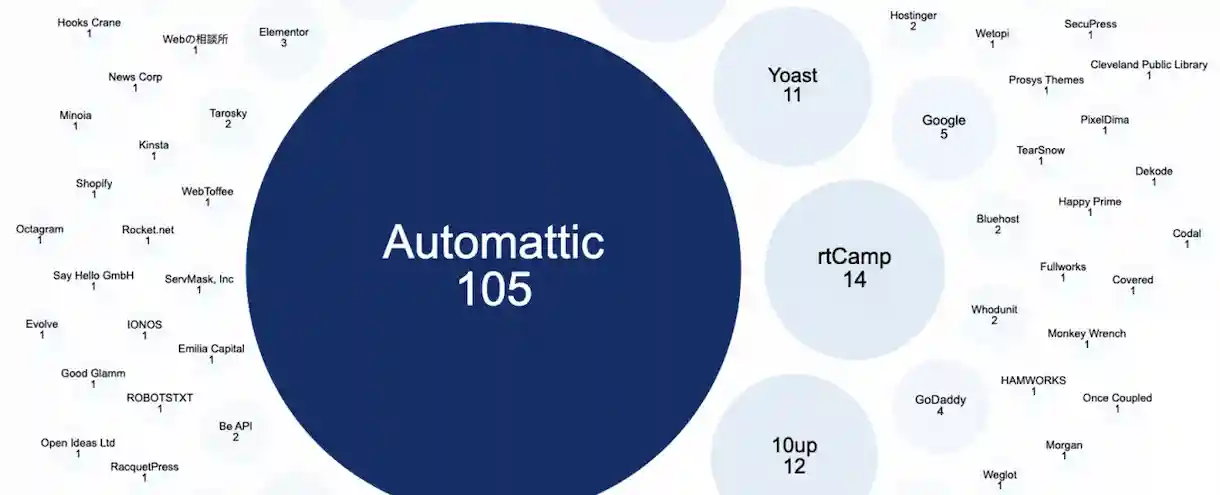Automattic has made a dramatic 180-degree shift in its approach to WordPress—or at least its open-source component—by deciding not to contribute at the same level it has until now. From this point forward, its work will be limited to matching the weekly hours contributed by WP Engine, which amount to just 45 hours per week.
It’s important to remember that Matt Mullenweg, owner of Automattic and one of WordPress’s original creators, is currently locked in a legal battle with WP Engine. The latter, owned by a private equity firm, refused to increase its contribution to the WordPress core in line with the growing profits it earns from the open-source CMS.
This decision—drastically reducing Automattic’s involvement and resulting in a significant slowdown—comes in response to that imbalance in contributions, the time and money consumed by the legal struggle (which Automattic lost in the first round), and intense criticism from members of the “community,” who have, on occasion, reacted in a somewhat childish manner to some of Mullenweg’s own perplexing moves.
According to Automattic, its 45 weekly hours of contribution will likely go toward security patches, while the newly freed resources will be funneled into Automattic’s for-profit ventures, such as WordPress.com, Pressable, WPVIP, Jetpack, and WooCommerce. “Community members have said that work on these types of things should count as a contribution to WordPress,” Automattic stated in its announcement.
The only good news is that Automattic hopes WP Engine will reconsider its legal assault. It’s only once this matter is resolved that Automattic says it will resume its former level of contribution to WordPress, Gutenberg, Playground, Openverse, and WordPress.org. Until then, we can expect a considerable slowdown in WordPress development.
“We hope this measure encourages greater participation from all organizations that profit from WordPress,” Automattic concluded, with a hint of irony.
One thing is clear: Matt Mullenweg is tired of playing the “chump” for WP Engine, and the entire community will feel the effects. Owing to its significance, we’re reproducing a graphic illustration of WordPress core contributions from a few months ago, provided by Automattic itself.
What the future holds remains to be seen, but under these circumstances, the WordPress core could be left largely unsupported, effectively becoming a base or framework that might require certain (possibly paid) extensions to function fully.
Interestingly, this announcement follows a major release in Studio and a new update to Gutenberg—version 20—now available. We’ll see how long it takes for the next update to arrive, and whether it’s significant in scope or not.
It’s also worth noting that on January 15, the new Drupal CMS is slated for release, representing a major refresh of the classic open-source CMS with improved usability—possibly angling to take advantage of these turbulent waters.

